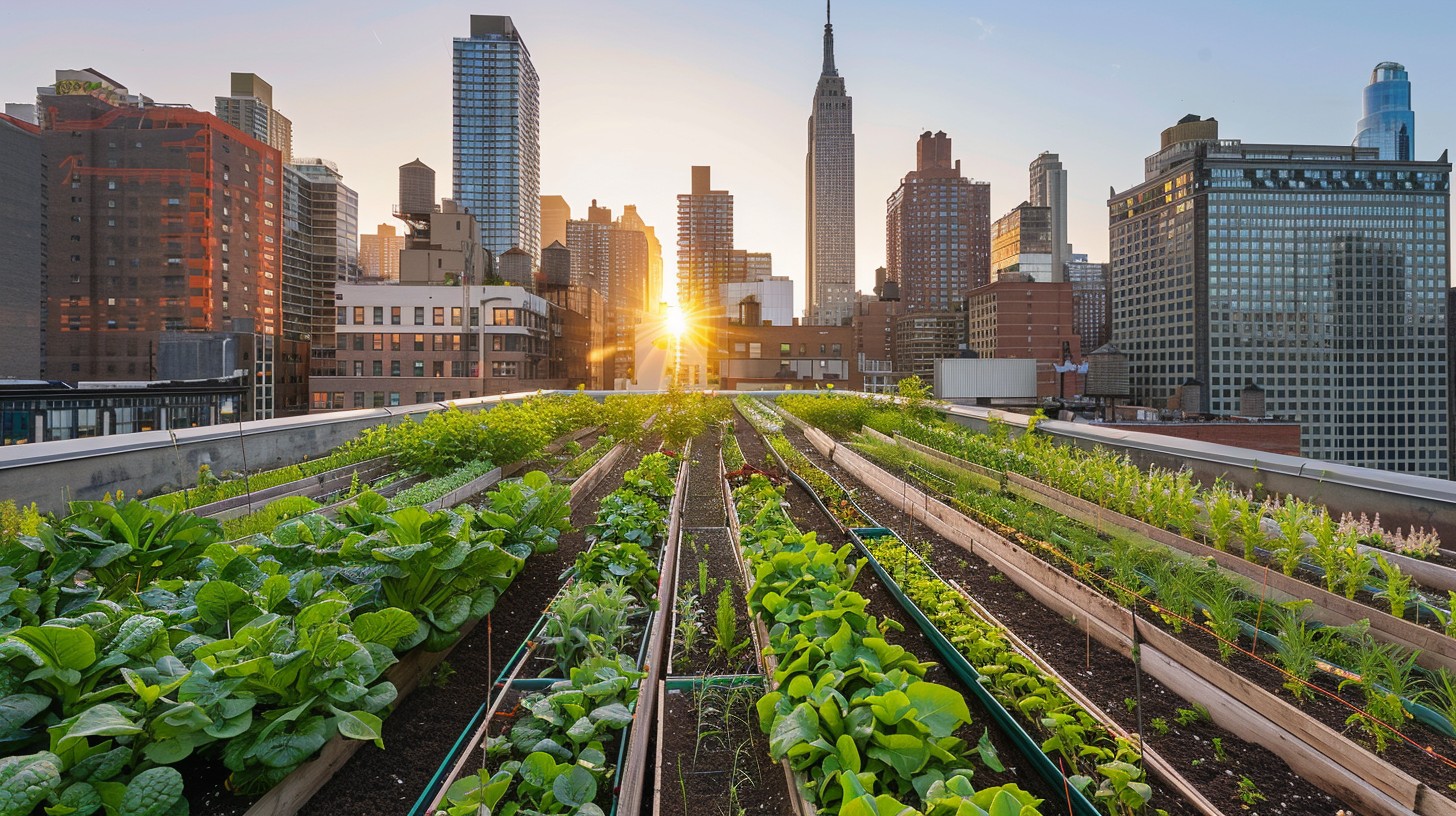NET ZERO FOOD SYSTEM PLANNING | GOWANUS, BROOKLYN & NEW YORK CITY FOODSHED
CLIENT(S) | CUNY Institute for Urban Systems program, AIA chapter of New York, and INSOURCE Belmont Forum
SITE | Gowanus, Brooklyn and New York City regional foodshed
____________________
THE CHALLENGE 
The AIA New York Chapter convened a forum on designing net zero neighborhoods, using Brooklyn’s Gowanus district as a test case. The initiative sought to explore how integrated resource systems—energy, waste, water, and food—could contribute to net zero urban development. Within this framework, food systems were identified as a critical but under-examined component of neighborhood and city-scale sustainability.
OUR ROLE
Regensia was engaged to lead a working group and applied study on net zero food systems for Gowanus and the broader New York City foodshed. The study focused on:
- Evaluating the production potential of urban food technologies (rooftop greenhouses, vertical farming, aquaculture, community gardens)
- Assessing complementary regional production methods (controlled-environment greenhouses, regenerative organic farms)
- Determining how much of Gowanus’ and New York City’s dietary demand could be locally supported
- Exploring district-scale solutions for food processing and distribution to strengthen direct farm-to-consumer connections
KEY FINDINGS
- Urban Potential: Up to 40% of vegetable demand and 80% of seafood demand could be produced within urban areas with minimal impact on land use.
- Regional Synergies: Expanding regional soil-based greenhouses could significantly increase fruit and vegetable supply while freeing up land for renewable energy, carbon sequestration, and habitat restoration.
- Infrastructure Needs: A district-based food hub for processing and distribution would be essential to enable coordination between farms and urban consumers.
GOVERNANCE & INNOVATION
The study highlighted the need for integrated food governance at the district and city scale—aligning urban agriculture, regional farming, and distribution logistics into a regenerative foodshed framework. This model reframes food not as an isolated supply chain, but as a core component of net zero urban design.
RESULTS & IMPACT
- Elevated food systems as a central dimension of net zero neighborhood planning in New York City.
- Provided evidence-based production benchmarks to guide future investments in urban agriculture and regional farming.
- Positioned Gowanus as a living laboratory for regenerative urban food strategies with potential replicability across the city.

